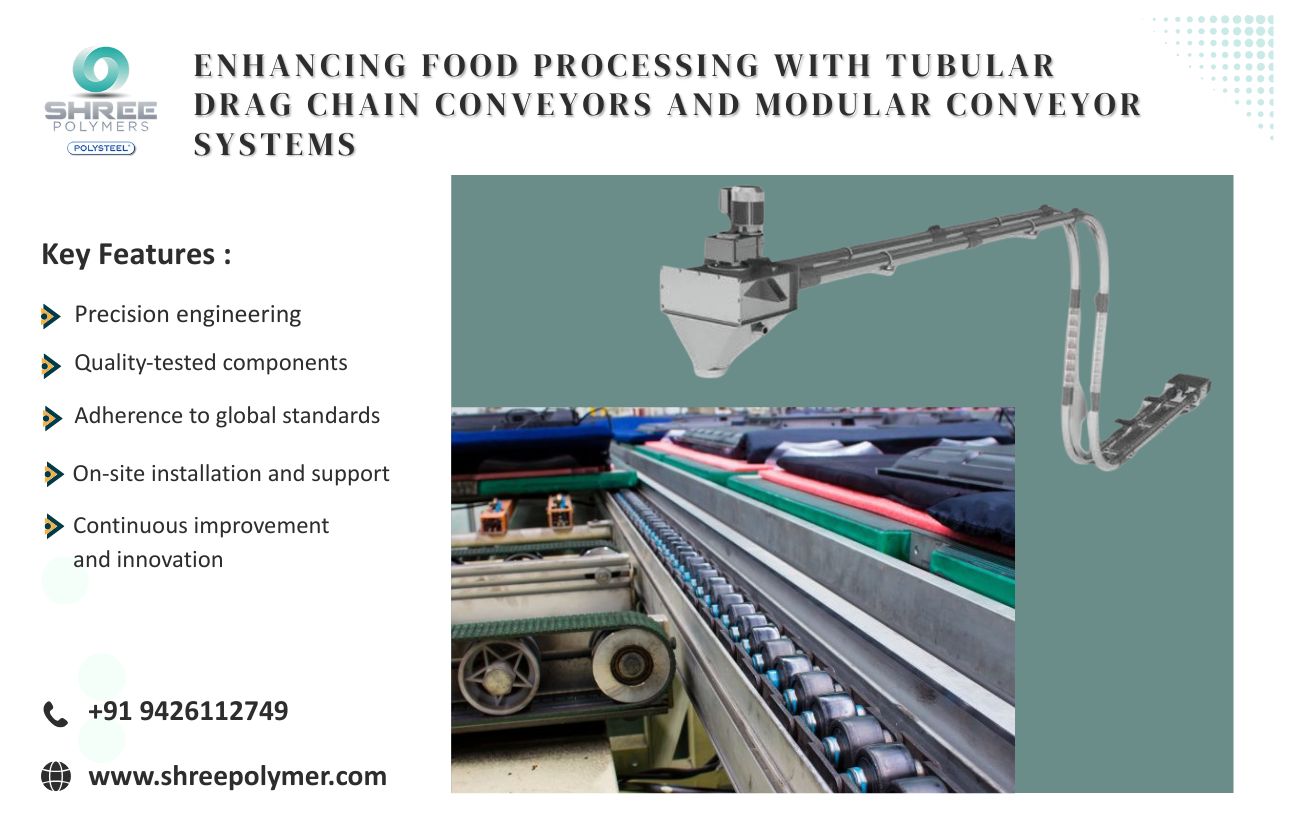The Role of Tubular Drag Chain Conveyors in Food Processing
In the competitive world of food processing, efficiency and hygiene are paramount. Tubular drag chain conveyor for food have emerged as a reliable solution to these challenges. These conveyors ensure that ingredients move seamlessly through the processing line without contamination or spillage.
Advantages of Tubular Drag Chain Conveyors
One significant advantage of using a tubular drag chain conveyor for food is its closed-loop design, which minimizes dust and contaminants. This makes it an ideal choice for handling sensitive food products such as flour, sugar, and grains. Moreover, its gentle conveying action preserves the integrity of these fragile products.
Another benefit is their energy efficiency. By using minimal power during operation, they provide an economical alternative to traditional conveying methods, thus reducing overall operational costs.
Automating Food Processing with Conveyor Systems
Automation in the food industry not only speeds up processes but also ensures consistency and reliability. An automatic conveyor system enhances productivity by reducing manual handling and associated labor costs. Such systems are designed to seamlessly integrate with existing machinery, offering flexibility in the production line.
Key Features of Automatic Conveyor Systems
Modern automatic conveyor systems come with intelligent controls, allowing real-time monitoring and adjustments. This adaptability ensures that any disruptions are quickly addressed, minimizing downtime. Furthermore, these systems can be customized to handle different product sizes and shapes, providing a tailored solution to complex processing requirements.
The Versatility of Modular Conveyor Belts
Modular Conveyor Belts have revolutionized the conveying landscape by offering unparalleled flexibility. These belts are composed of interlocking modules or segments, which can be easily replaced or reorganized.
Benefits of Using Modular Conveyor Belts
A modular conveyor belt offers significant customization opportunities. Food processors can quickly modify or expand their conveyor systems to meet changing operational demands. This flexibility results in reduced maintenance times and simplified cleaning processes.
Another vital aspect is the improved product handling they offer. Their design minimizes product deformation and damage, thus maintaining the quality and presentation of the food items.
Conclusion
Incorporating advanced conveyor technologies such as tubular drag chain conveyors, automatic systems, and modular belts into food processing lines can substantially improve efficiency, reduce costs, and uphold quality standards. As food processing continues to evolve, these conveyor solutions offer the agility and innovation needed to stay competitive and meet consumer demands.
Published on November 7, 2025 by Admin
